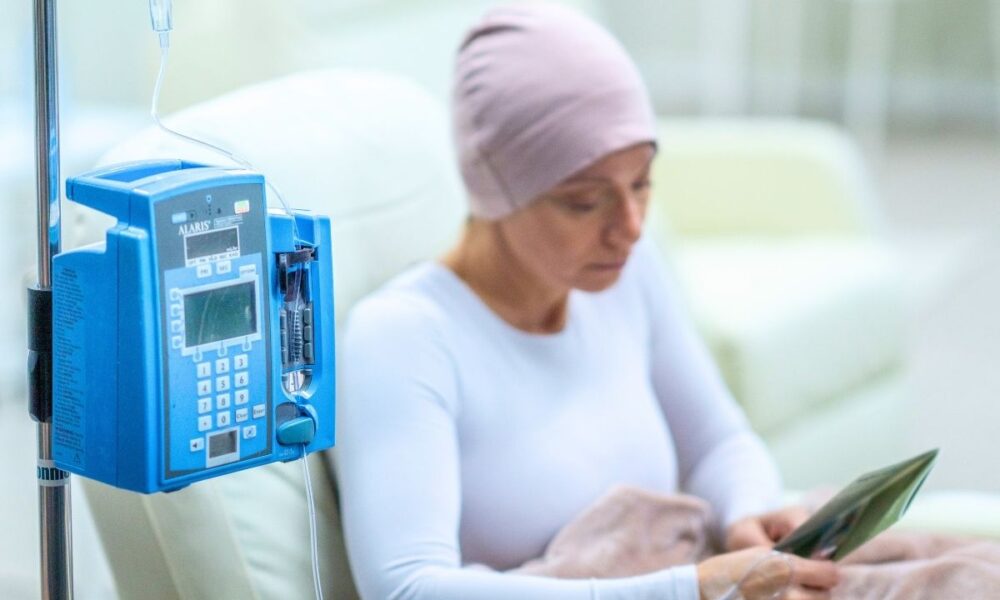A new test developed by the University of Cambridge might help some cancer patients avoid chemotherapy treatments.
The test examines the structure of tumour DNA and predicts whether it will be receptive or resistant to treatment. The breakthrough could limit the use of chemotherapy, which can wreak havoc on patients, some of whom experience little to no benefit from the treatment.
The test was piloted using data from hundreds of patients with various cancers. The researchers discovered the test could help identify whether chemo was likely to fail or succeed for prostate, ovarian, and breast cancers.
“Sadly, there are too many cases where cancer is resistant to chemotherapy treatment – meaning unpleasant side effects for the patient with limited benefit to them,” said James Brenton, a professor of ovarian cancer medicine at the Cancer Research UK Cambridge Institute, per The Telegraph.
Last year, The Dallas Express reported that a shift in breast cancer treatment has begun to emerge. For women diagnosed with breast cancer, especially those with low-risk tumors, aggressive interventions may not be necessary. Instead, an alternative strategy takes a more nuanced approach, monitoring the progression before taking drastic measures. However, every woman’s diagnosis is unique, and protocols should be discussed with health practitioners.
The new test can reportedly predict resistance to treatment of three commonly leveraged types of chemotherapy: platinum-based, anthracycline, and taxane chemotherapy. While these treatments can help fight back against cancer, they are also toxic to healthy cells. For many people, this means treatment comes with potentially debilitating side effects, such as a weakened immune system, hair loss, nausea, and fatigue.
“The days of chemotherapy being offered as a ‘one-size-fits-all’ treatment are ending,” said Dr. Iain Foulkes, the executive director of research and innovation at Cancer Research UK.
“Thanks to this research, we are moving towards a future where personalised cancer treatment is an option for many patients. Only by delivering more optimised, successful treatment will more people live longer, better lives, free from the fear of cancer.”


